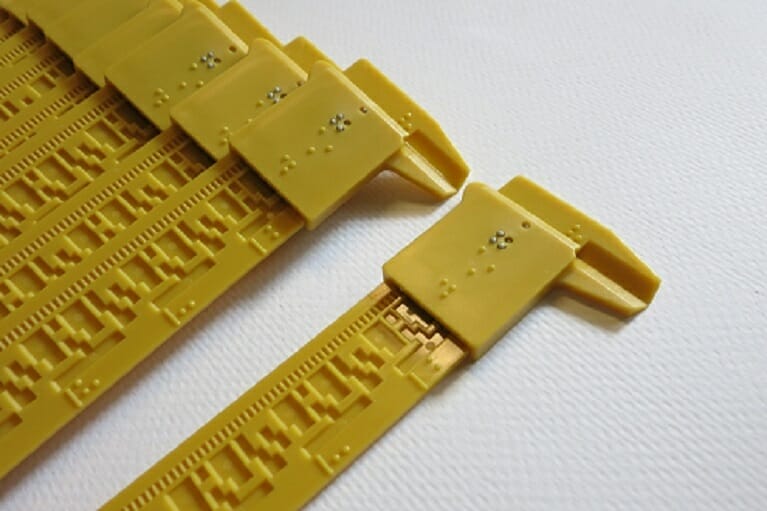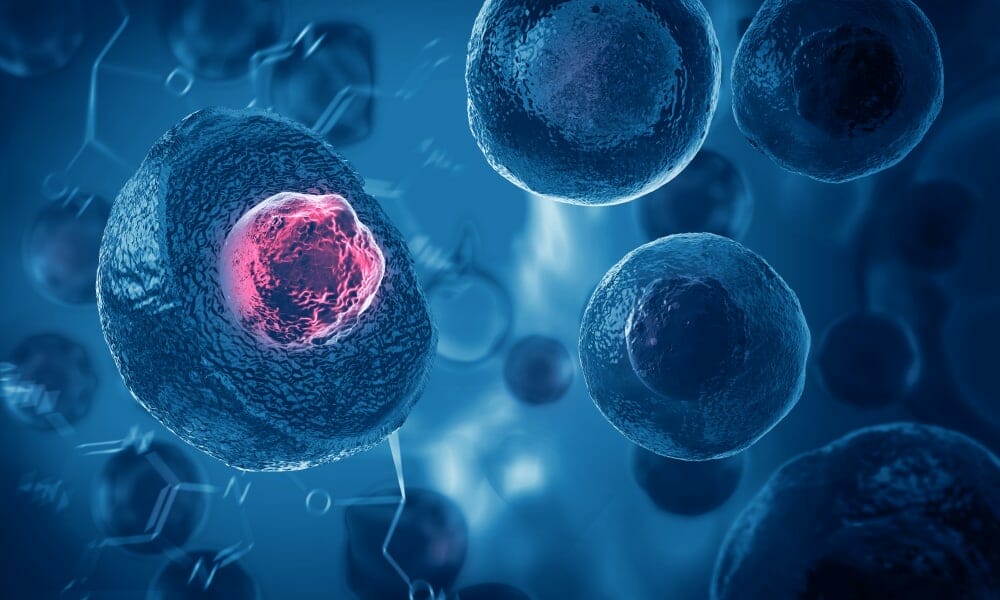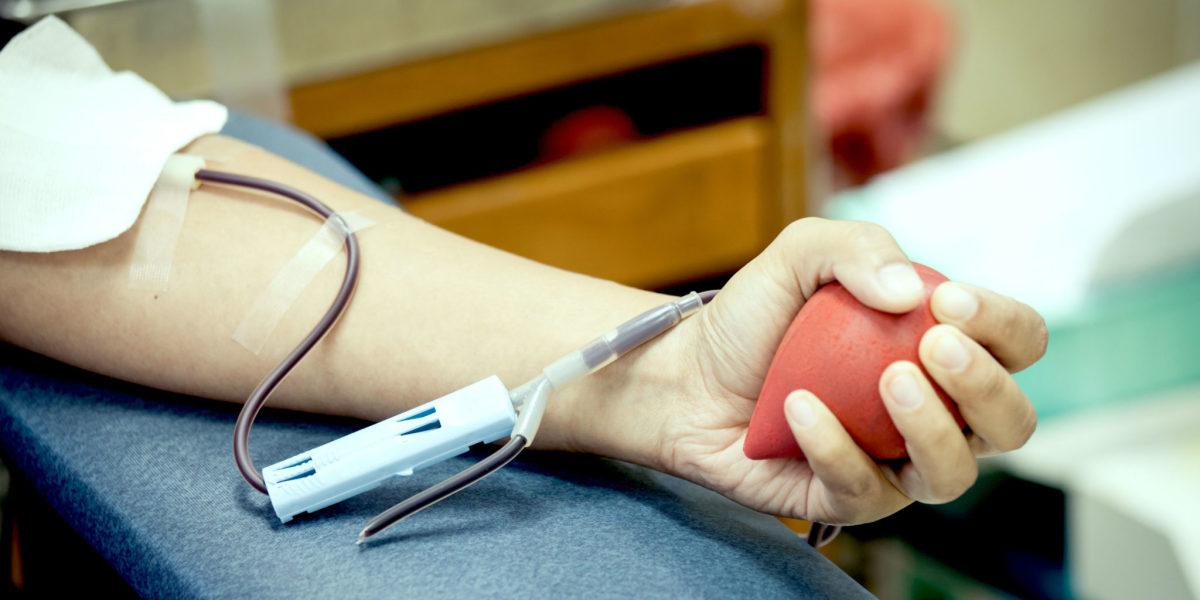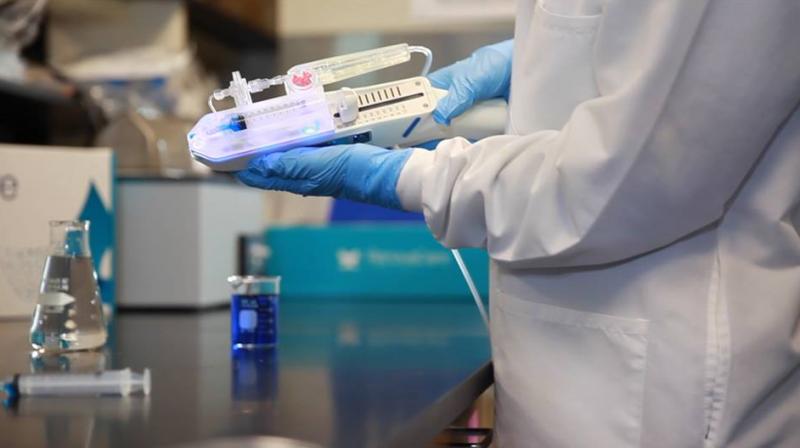Researchers Take One Step Closer to Unlimited Production of Blood
There is a 24-hour demand for different types of blood by patients with anemia or serious blood loss. With the strict requirements for one to become a blood donor, low supply of donated blood is a universal problem; hence, it’s not always that the patients are catered by blood banks.
But thanks to a new scientific breakthrough by the University of Bristol and NHS Blood and Transplant, this might no longer be a problem anymore.
Researchers from said institutions have developed a novel method in producing an unlimited supply of red blood cells. This opens for mass production of blood created in the laboratory which has been never done before.

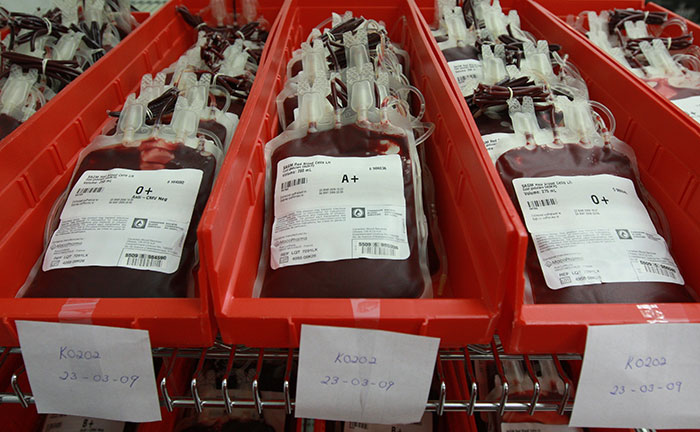
Source: Jacobin Mag
Any science or medical textbook tells that blood is a bodily fluid that transports materials around the body and protects against diseases. It has four main components: plasma, red blood cells, white blood cells, and platelets.
The red blood cells are the ones transfused to a patient. After being donated, they undergo rigorous screening first to ensure blood group comparability.
To produce red blood cells, the current technique requires taking a type of stem cell that manufactures the red blood cells and stimulating them to do so under laboratory conditions. This setup has each stem cell burned out after a short period of time and can only produce a limited number of red blood cells.

What sets the new method apart from the current technique is that the researchers were able to trap the stem cells at an early stage and let them allow to grow in number indefinitely. By theory, this should give us an unlimited quantity of red blood cells when triggered.
However, the production is so far expensive, with focus on the rarer blood types.
One of the researchers Professor David Anstee said, “The first therapeutic use of a cultured red cell product is likely to be for patients with rare blood groups, because suitable conventional red blood cell donations can be difficult to source.”
Source: BBC





